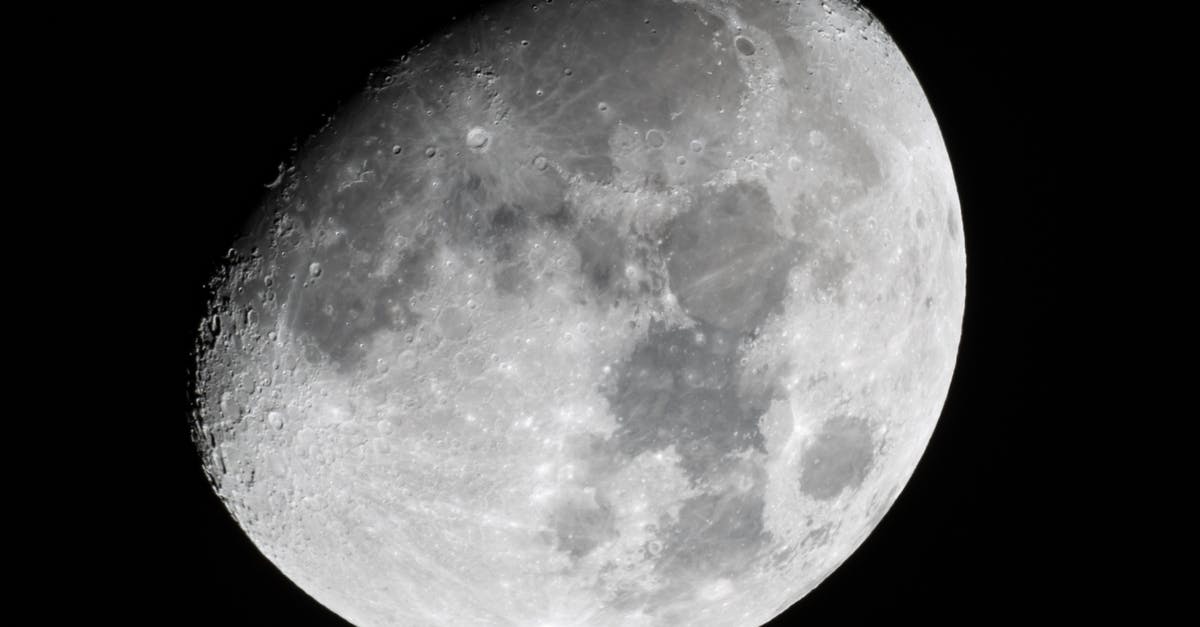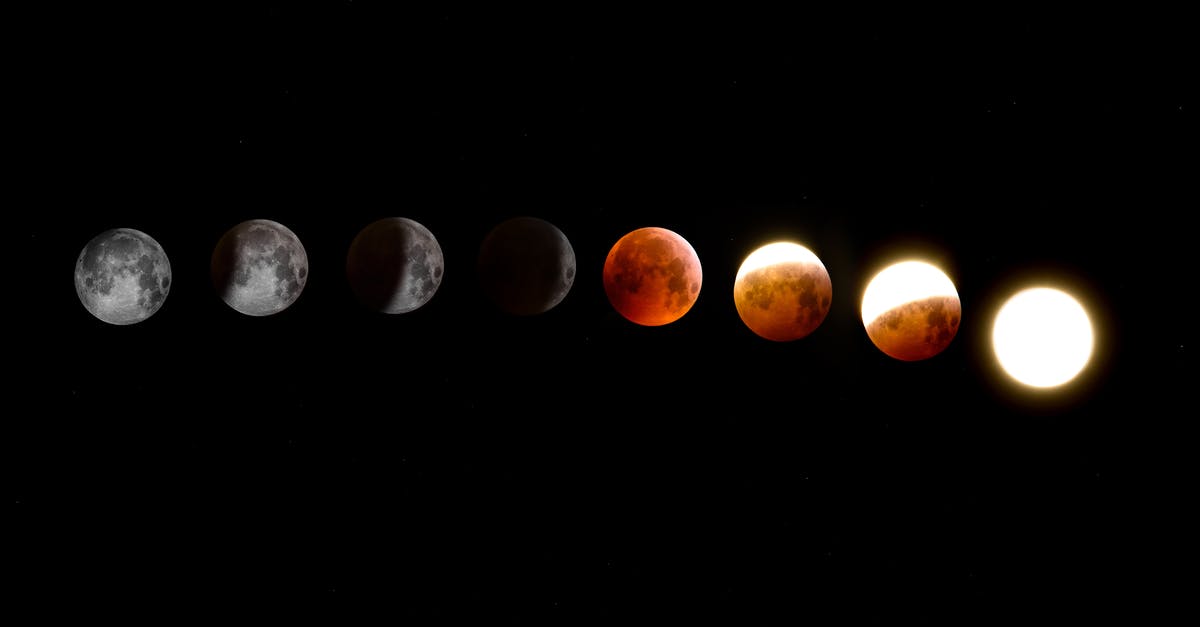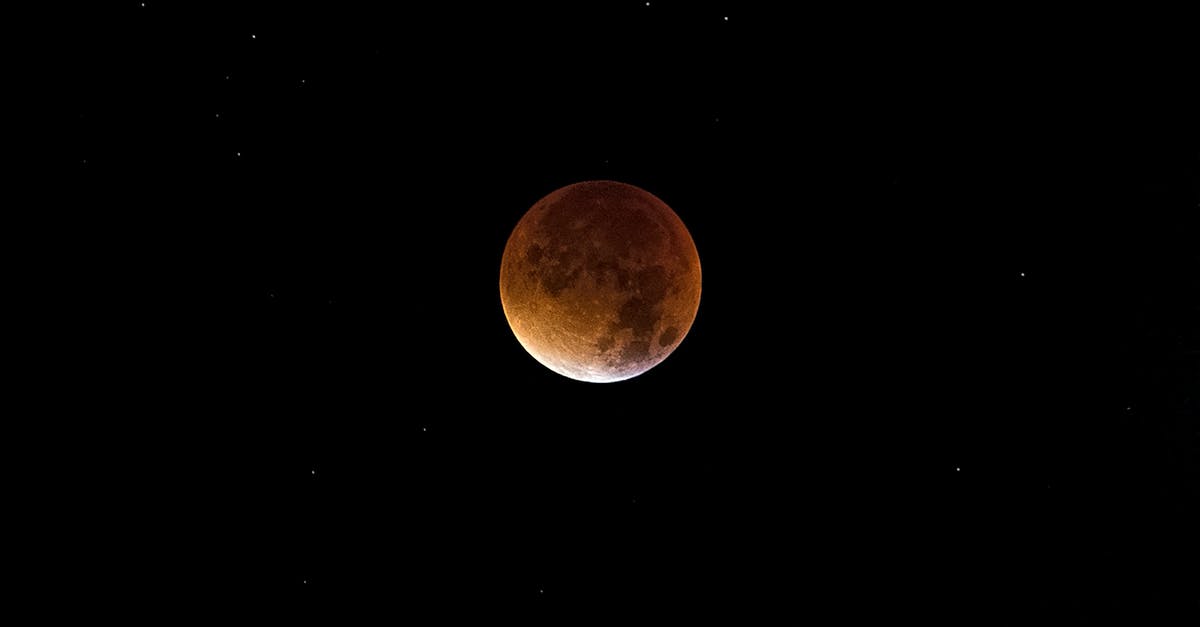Why are satellite phones strictly banned in India?

Is it true, that using or travelling with satellite phone is strictly and unconditionally banned in India? And if yes, is there any explanation or official reason, why?
I have found such information, when browsing various sources before my business trip to India, though I can't recall that particular source, so I wish to confirm this, quite surprising, information.
I can understand banning usage of such devices in areas, places or installation related to national security, police, army etc. But country-wide, unconditional ban for these devices, with underlined addition, that confiscation, high money fine or even up to three years in jail sentence may be executed, even after declaring such device on entry -- that is something beyond my imagination.
Best Answer
Amateur (ham) radio is certainly legal in India and takes place regularly. Not being from India, I can only offer an electronics expert's possible explanation.
The vast majority of voice ham radio - VHF, UHF and the HF spectrum - operate by either a 'line of sight' or 'skip' propagation method. Additionally, it's fairly uncommon for ham radio operators to communicate with someone directly overhead - they nearly always are contacting and conversing with someone located at some distance on the horizon from them. These communications leave a clear path which is subject to easy intercept (monitoring).
While hams do use satellite communications, there are relatively few ham satellites and the communications going through them is easily monitored. While satellite phones also use the same radio waves, their communication is intended (and always takes place) with a repeater above the horizon.
What's the meaning of all that? In a nutshell, it's possible for a sat phone to be down in a wide hole (or deep valley), communicating through a satellite passing directly overhead. The 'line of sight' in these cases would not extend to the horizon to any degree. Therefore, these conversations are extremely difficult to monitor, with the notable exception being electronic intelligence (ELINT) aircraft flying overhead or intelligence satellites.
I'm not aware of India having an intelligence satellite or the necessary infrastructure to easily decrypt and intercept the satellite phones' conversations. Know that I'm not implying that India doesn't have the technical knowhow, but I believe that they have much bigger fish to fry and eliminating the legal use of satellite phones is probably an easier method of keeping comms where they can be intercepted and intelligence gleaned from them acted upon.
That's my 2 cents and I'm certainly subject to being wrong about the above conclusions.
Pictures about "Why are satellite phones strictly banned in India?"



Is satellite phone is legal in India?
The Government of India has issued an advisory that the use of Thuraya/Irridium satellite phone in India are banned and unauthorised/illegal in India under Section 6 of Indian Wireless Act and Section 20 of Indian Telegraph Act.Why is Iridium not allowed in India?
Satellite phones were used by the terrorists involved in the attacks in Mumbai. Following this, the use of these phones was made illegal in India because the manufacturers who produce these devices could not prove to the Indian government that they could not be abused by terrorists in the future.Why do some countries ban satellite phones?
A country may restrict satellite phone usage to combat terrorism or because oppressive regimes have less control over their citizens if satellite phones are allowed.Satellite Phones or Smartphones? The Network Story
Sources: Stack Exchange - This article follows the attribution requirements of Stack Exchange and is licensed under CC BY-SA 3.0.
Images: TheOther Kev, Alex Andrews, Johannes Plenio, Enric Cruz López
